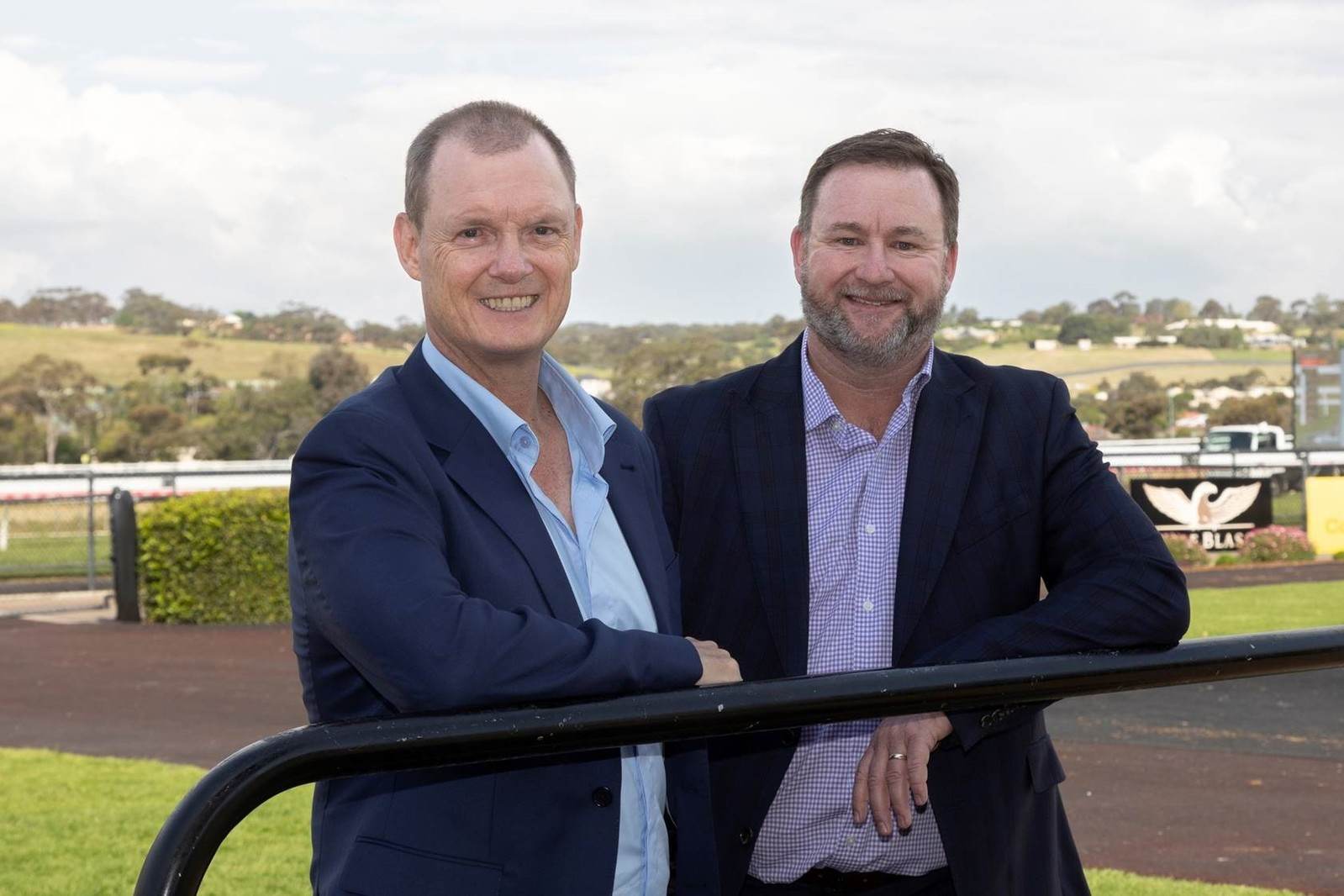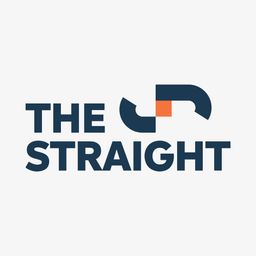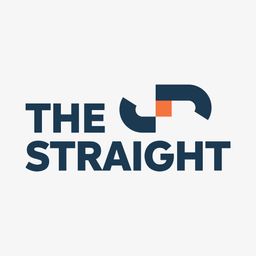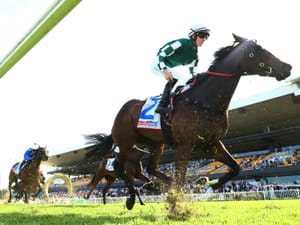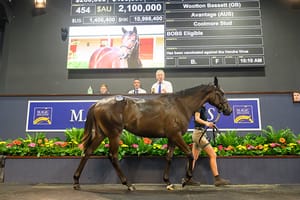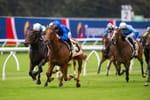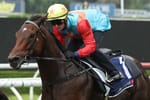Racing SA is bracing itself for the monetary implications of a subdued Australian wagering market despite record levels of revenue helping the regulator maintain profitability.
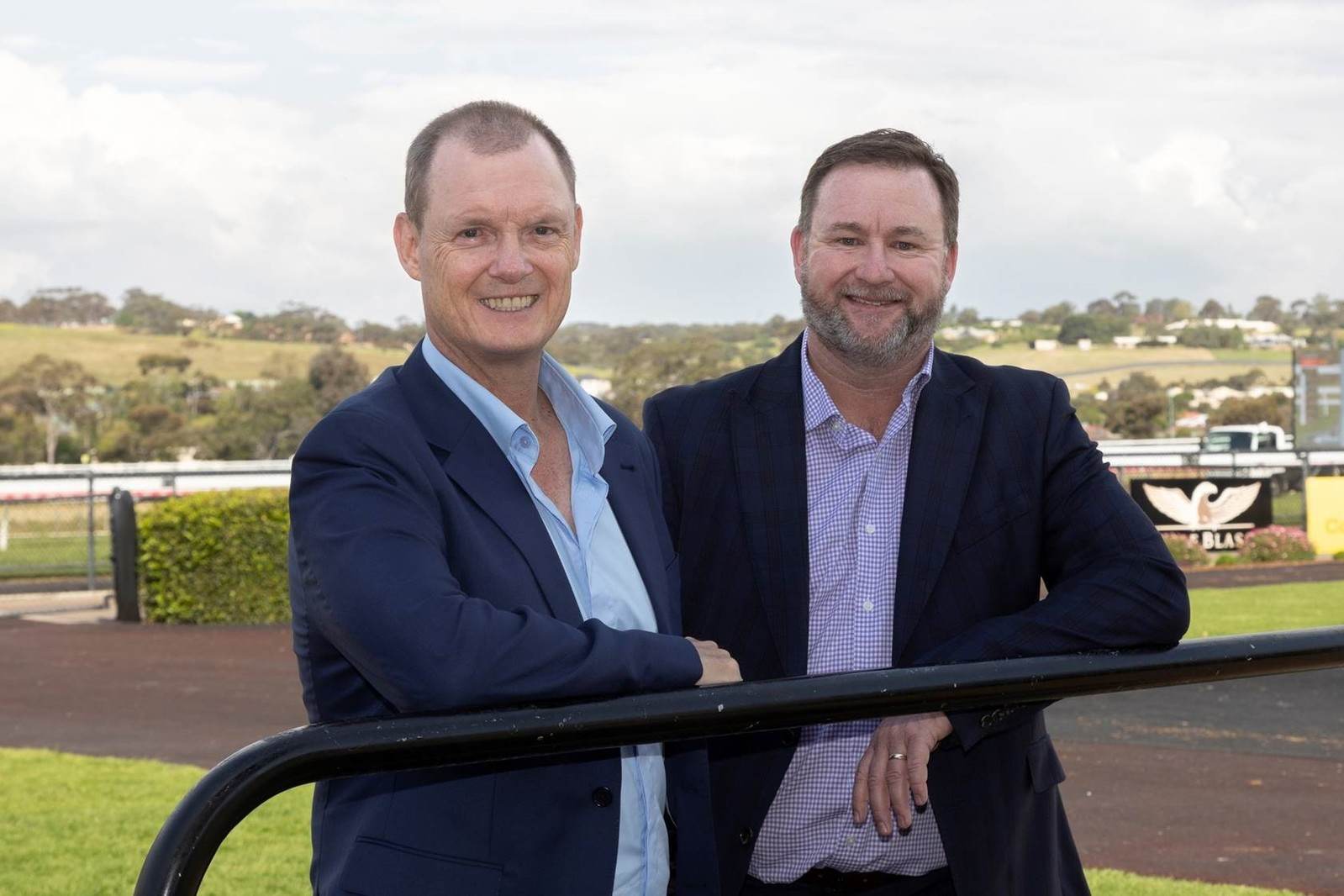
A budgetary forecast in its annual report shows Racing SA is preparing for a $2.9 million deficit in the current financial year after returning a $1.4 million operating surplus in 2023/24.
Racing SA generated $96.7 million in revenue during the last financial year, boosted by a 4.7 per cent year-on-year increase in betting operations contributions (BOC).
While net TAB product fees fell 5.9 per cent from $22.4 million to $21 million, BOC revenue increased from $47.8 million to $50.1 million.
Nevertheless, departing chief executive Vaughn Lynch warned that an uncertain wagering landscape will continue to impact the racing industry as Racing SA prepares to renew its deal with betting operators.
“Despite a decline in wagering turnover after the unsustainable levels that were achieved during COVID-19, Racing SA’s favourable agreement with wagering service providers delivered a 4.7 per cent increase in betting operations contribution (BOC) revenue,” Lynch said.
“The current agreements end in June 2025 and Racing SA is diligently evaluating options to secure future revenue targets in a softening wagering market that is being impacted by economic headwinds and increased regulatory obligations.”
This move suggests Racing SA will follow other major authorities such as Racing Victoria, which concedes race field fees structures need to change to stimulate turnover.
Racing Victoria has been willing to negotiate with corporate bookmakers on the terms of a revised funding model as race fields fees and point of consumption taxes make racing an unattractive wagering product.
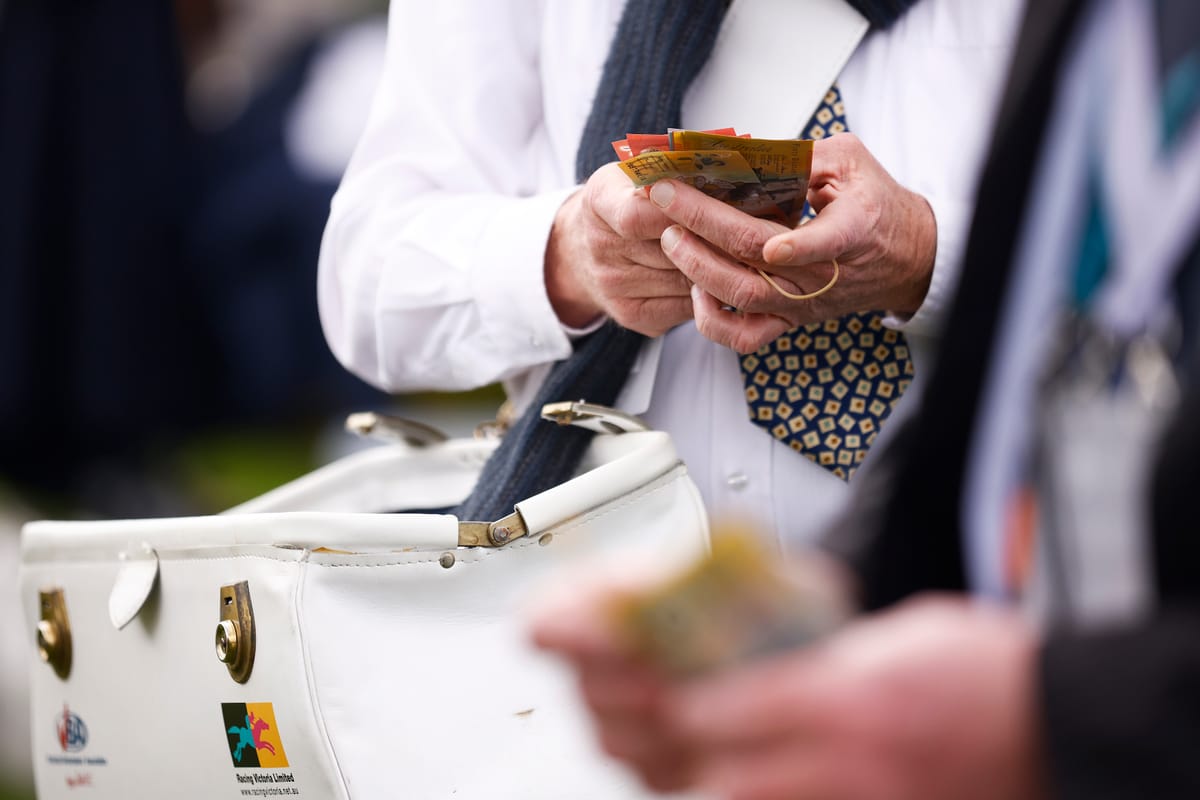
In 2022/23, the South Australian government contributed $3.8 million to Racing SA’s finances but in 2023/24 it tipped in $12.8 million as compensation for the impact of an operations tax introduced on July 1, 2017.
That came as the government agreed in June 2023 to send 20 per cent of its POCT revenue to the racing industry, increasing that from 10 per cent. It remains low, however, compared to the rest of the country.
In further signs of a weakness in the gambling sector, SA joined a growing list of state governments this year to revise projections for wagering tax revenue, with an expected budget shortfall of $3 million.
The 2023 budget contained a $27.8 million provision for the industry over four years from increased returns from the Betting Operations Tax (BOT).
Because of a decline in wagering, the 2023/24 BOT revenue was estimated to be $60 million, $3 million short of what was projected into the financial year.
“While our operating surplus is another positive result for Racing SA, we must continue to be vigilant,” Lynch said.
“Cost-of-living pressures are continuing to bite, and the overall wagering picture remains challenging.”
“Cost-of-living pressures are continuing to bite, and the overall wagering picture remains challenging." - Vaughn Lynch
The release of the 2024 annual report marks one of Lynch’s final administrative responsibilities before leaving the chief executive’s role after two years at the helm.
Lynch resigned in October before a Racing Victoria announcement that confirmed his appointment as chief operating officer, and he willa assume that role early 2025.
He will join a restructured RV executive team led by Aaron Morrison with key roles in wagering and racing.
Lynch’s departure comes as Racing SA implemented a 15 per cent across-the-board prize money increase in July 2023.

Racing SA distributed an extra $7.4 million with the state’s four Group 1 races - the Robert Sangster Stakes, the Australasian Oaks, the South Australia Derby and the Goodwood - upgraded to $1 million contests following a sponsorship deal with wagering firm Sportsbet.
The state’s average field sizes have reached their highest levels in recent years, with a trend of 10 or more starters at TAB meetings continuing.
Equine welfare expenditure dropped from almost $465,00o to $437,000 but the regulator’s Thorough Care SA program supported 323 retired racehorses - 72 more than during the 2023 financial year.

